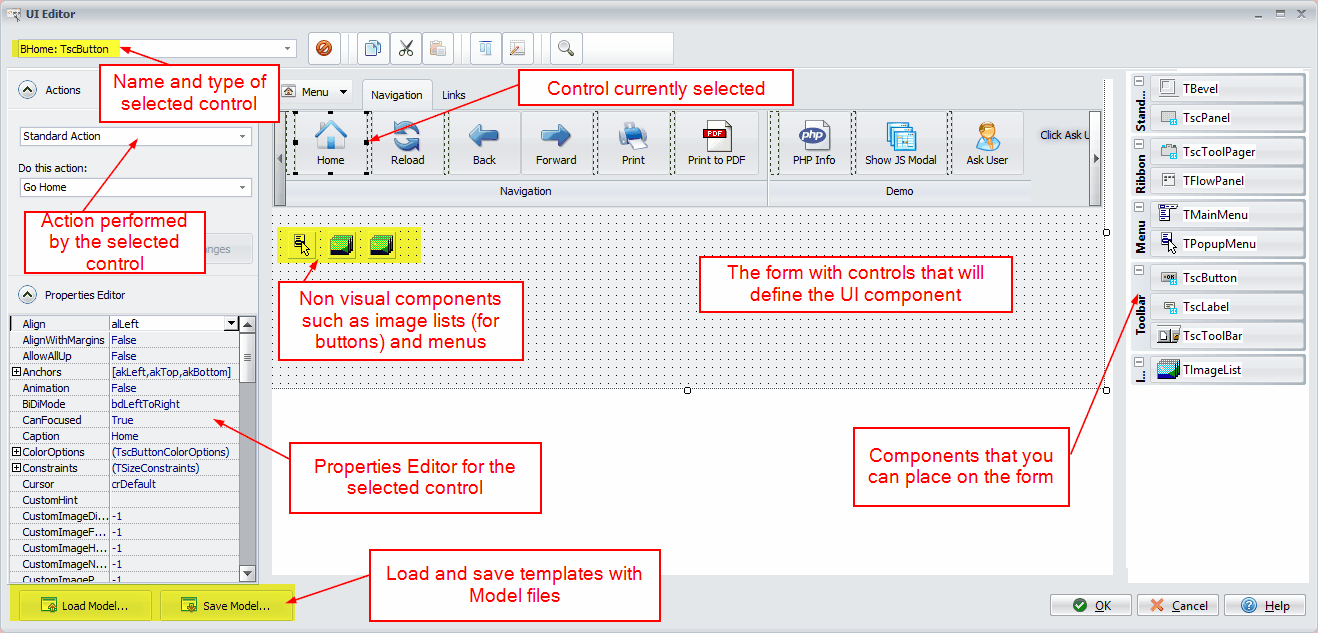Table of Content
- Buying a house during a recession FAQ
- Are we in a recession?
- Four Steps For Walking Away From a Home Purchase
- How long do recessions typically last?
- December 17, 2022What Platform to Choose for Buying Cryptocurrency and Why not FTX?
- What are the Drawbacks of buying property during recession?
- How to price a house during a recession
- Read Our Home Selling Guide
Whenever someone mentions the word ‘recession,’ most people’s minds go straight back to 2008 and the Great Recession. We are committed to serving American heroes and maximizing what they can save on a home. On average, our heroes save over $3,000 when they buy, sell or refinance a home with our local specialists. When you don’t have enough budget to purchase a commercial or residential property, you need to find out a potential lender who will provide you with the required budget at a minimal interest rate. So, it is best to collaborate with the best lender to manage your budget. Every day, it seems that concerns about the coronavirus mount higher—as do fears of an impending recession.

Therefore, it is a favorite for potential purchasers to purchase their properties quickly with the help of lower rates on mortgage loans. A recession could also drive homeowners to do a short sale, which happens when they sell their homes for less than what is owed on their mortgages. But while this can seem like a great deal for homebuyers, the process might take months and the bank could ultimately reject the short sale because the price is too low. Interest rates are not directly tied to mortgage rates, but typically, as the one increases, so does the other.
Buying a house during a recession FAQ
Bankrate follows a strict editorial policy, so you can trust that our content is honest and accurate. Our award-winning editors and reporters create honest and accurate content to help you make the right financial decisions. The content created by our editorial staff is objective, factual, and not influenced by our advertisers.

The recession lasted significantly longer than the previous one, and it took many years for the economy and businesses to fully recover, even after the recession was officially over. The early 2000s saw the end to a period of growth that had been the longest ever experience in the US. Almost the entirety of the 1990s were a period of sustained economic expansion, which finally came to an end in early 2001. We have already experienced two consecutive quarters of economic decline, however there is some economic data that is quite positive. Job figures are good, consumer spending has remained stable and company revenues in many sectors are up as well.
Are we in a recession?
Inflation is running at 40-year highs and economic growth has slowed, fueling widespread recession speculation. Many borrowers wonder if it’s a bad time to invest in real estate with the possibility of a recession on the horizon. We have already mentioned that short sales and foreclosures can be seen in a certain light as a pro, however, there is reason to proceed with caution on these homes.
Home buyers are facing challenges of supply and demand, with more people looking to buy and not enough housing stock available. The supply of new construction homes is limited, as builders struggle with scaled-back production, skyrocketing labor and materials costs, and tighter lending laws and regulations. As you can see, there are many advantages of buying a home during a recession if you have assessed your own financial situation and you are in a suitable place to make a large investment.
Four Steps For Walking Away From a Home Purchase
If you have had any changes to your income, job, family, health insurance, risk tolerance, or overall financial situation, please call us so we can discuss it. The housing market has been extremely strong since the beginning of the COVID pandemic, but we have started to see a reversal as of late. Along with your own financial health, consider the economic health of the city or town where you plan to buy, Ratiu says. During a recession, not all locations experience the economic slowdown at the same rate or in the same way. The only bad time to buy a home, recession or not, Petrie says, is when you buy beyond your financial means.

When competing in a seller’s market, homebuyers may want to get an edge by securing a mortgage pre-approval. The U.S. Federal Reserve is committed to combatting the recent trend in high inflation, and one of its main tools to accomplish this goal is to raise interest rates. Raising the Fed Funds Rate makes it more expensive for banks to receive loans from the federal government, which causes rate increases for the end consumer. Bankrate.com is an independent, advertising-supported publisher and comparison service. We are compensated in exchange for placement of sponsored products and, services, or by you clicking on certain links posted on our site. Therefore, this compensation may impact how, where and in what order products appear within listing categories.
How long do recessions typically last?
Many sellers may feel compelled to lower their asking prices in hopes of offloading the house faster. Speaking of financial hardship, during a recession banks are selling foreclosed properties at higher rates than they would be if the economy were in good health. A prime example of the increase in foreclosures is the Great Recession of 2008. You may even remember movements to resist foreclosures by local occupy groups. Reduced price and increased foreclosures are a result of recession and can be beneficial to you as someone looking to purchase a home. A recession might feel like the worst time to invest in a new property.
It may take several years for the housing supply to catch up to demand, and home buyers who choose to wait for the market to calm down may find themselves in a holding pattern. If you’re ready, reach out to a lender or real estate professional to take the first step on your home buying journey. Despite a possible recession, housing values are anticipated to keep rising because of the supply and demand imbalance, Peterson explains. “Five percent appreciation is a great return on investment, especially if you have to pay for a place to live regardless,” she said. The pace of home value growth is expected to slow from the historical highs we’ve experienced over the last 18 months. Rather, it means the rate at which they’re growing will retreat to normal levels — around 5%, according to CoreLogic.
It is also likely to give you significant savings, depending on how low the mortgage rate goes. Several people lay off from their jobs because of the instability of finance. Therefore, you need to be financially stable during the crisis and it may not be ideal to invest in the properties. It is an easily understandable fact that the real estate industry goes down because most potential investors leave the market. That creates a gap between demand and supply where a lot of properties are available but with the availability of only a few buyers.

If you’re a business owner, gauge how likely it is that your business will continue to thrive in the current economy. Dating back to 1945, there have been 11 recessions that have taken, on average, 11 months to reach their lowest point. Many of them shared drops in stock prices and consumer confidence—and they were all good times to buy real estate. In general, a recession typically causes real estate values to decrease because there is a lower demand for homes or investment properties. But buying a home during a recession can lead to a great deal if you’re savy enough! The 2008 recession and housing market crash showed how closely the economy is tied to home prices.
Sellers in financial distress might not just be underwater on their properties. For example, a homeowner may hire a contractor to do a kitchen renovation. When the recession hits, the homeowner can no longer afford to pay the contractor. So, the contractor files a “mechanic’s lien” that requires payment before the home is sold. It's how much real estate you can afford to buy before prices go back up. Paying your mortgage and riding out the downturn is just as important as finding a low-priced home.
Title Issues– There can be title problems that affect your home purchase if the previous owners of the house you wish to buy were severely indebted or perhaps went into foreclosure. As another example, urban homes ($920,417) in Seattle, Washington are worth almost $217,000 more than suburban homes ($703,419). But the price of suburban homes ($146,815) grew roughly $27,000 more in 12 months when compared with urban homes ($119,725). Homebuyers, however, should note that urban homes are still worth more than suburban homes.

No comments:
Post a Comment